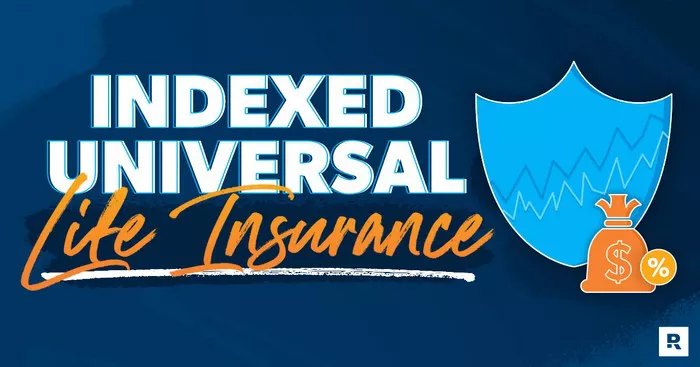Indexed Universal Life Insurance (IUL) has gained attention in recent years as a potential investment vehicle. However, before committing to such a financial product, it’s crucial to understand its intricacies and drawbacks. While IUL offers certain benefits, there are significant reasons why it may not be the best investment for everyone.
1. Complex Structure, Limited Transparency
One of the primary drawbacks of IUL is its complexity. Unlike straightforward investment options like stocks or mutual funds, IUL combines life insurance coverage with an investment component tied to the performance of a stock market index. This complexity often makes it challenging for investors to fully comprehend how their money is being allocated and what returns they can realistically expect.
2. High Fees and Charges
IUL policies typically come with high fees and charges, which can significantly erode potential returns over time. These fees include administrative expenses, cost of insurance charges, and often hefty commissions for the agents selling the policies. Such fees can eat into the cash value of the policy, leaving investors with less money than they anticipated.
3. Limited Market Upside
While IUL policies offer the potential for gains linked to the performance of a stock market index, they often impose caps and participation rates that limit the investor’s upside. This means that even if the index performs well, the policyholder may only receive a fraction of the market gains. Additionally, the indexing method used by IUL policies can be complex and may not fully reflect the actual performance of the index.
4. Lack of Guarantees
Although IUL policies offer the allure of potential market gains, they do not provide guaranteed returns. Unlike traditional whole life insurance policies, which offer a guaranteed minimum return on cash value, the returns on IUL policies are subject to market fluctuations and other factors. This lack of guarantees can make it difficult for investors to plan for their financial future with confidence.
5. Surrender Charges and Penalties
Another significant drawback of IUL policies is the presence of surrender charges and penalties. If the policyholder decides to surrender or withdraw funds from the policy before a certain period, they may incur substantial fees. These surrender charges can lock investors into the policy for longer than they intended, limiting their financial flexibility.
6. Complexity of Illustrations
When considering an IUL policy, investors are often presented with illustrations projecting potential returns based on various assumptions. However, these illustrations can be overly optimistic and may not accurately reflect real-world outcomes. Factors such as market volatility, changes in interest rates, and other variables can significantly impact the performance of the policy, making it challenging to rely solely on illustrations when making investment decisions.
7. Tax Implications
While the cash value accumulation within an IUL policy grows tax-deferred, withdrawals and loans from the policy can have tax consequences. Additionally, if the policy lapses or is surrendered, any gains accumulated within the policy may be subject to taxes. Understanding the tax implications of an IUL policy is crucial for investors to avoid unexpected tax liabilities in the future.
8. Opportunity Cost
Investing in an IUL policy ties up funds that could potentially be invested in other, more flexible and potentially higher-yielding investment vehicles. By allocating a significant portion of their investment capital to an IUL policy, investors may miss out on opportunities to diversify their portfolio and maximize their returns over the long term.
Conclusion
While Indexed Universal Life Insurance (IUL) may seem like an attractive investment option on the surface, it’s essential to consider the potential drawbacks and limitations carefully. From high fees and charges to complex structures and limited transparency, there are significant reasons why IUL may not be the best choice for everyone. Before committing to an IUL policy, investors should thoroughly evaluate their financial goals, risk tolerance, and alternatives to ensure they are making the most informed decision for their future financial security.


